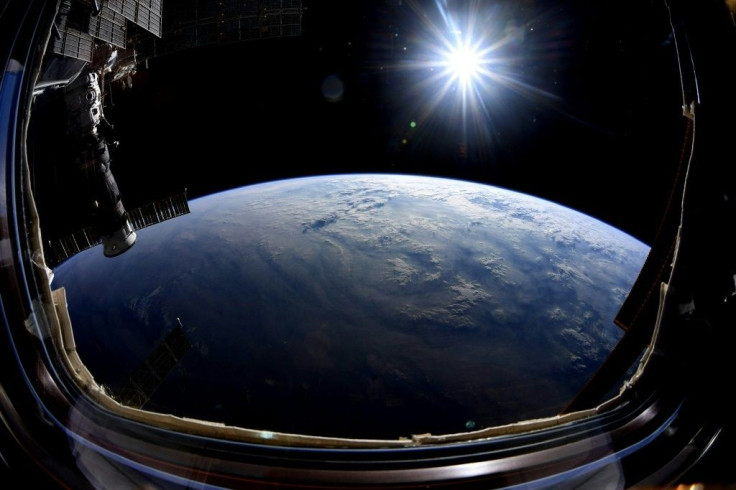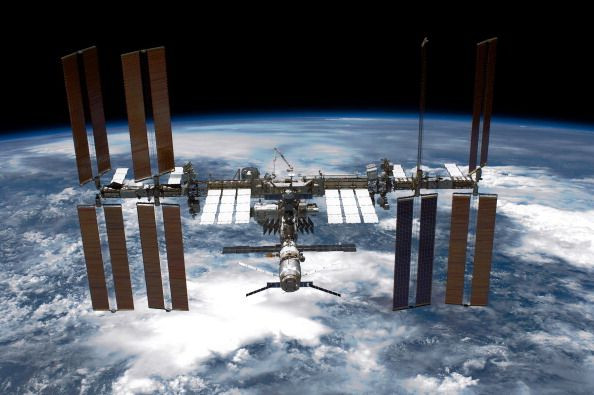Space Startup Sends Wine To Space Station, Will Age For 12 Months

Thanks to the world's modern technologies, humans' obsession over space is taken up a notch. From Mars missions to sending man back to the moon, the capacity to venture into space is not vested in just governments anymore, but private companies and individuals as well.
Startups have taken on particularly interesting tasks like Aleph Farms that have grown meat successfully in space. Now, there's something that will go great with those space steaks for an International Space Station (ISS) dinner date -- some space wine.
Space Cargo Unlimited sent 12 bottles of wine to the space station on Monday aboard a Northrop Grumman Antares rocket, Techcrunch reports. The wines sent there is not for celebratory purposes, however; instead, it's part of a research program called "Mission WISE," which "focuses on the future of agriculture for a changing Earth."
Mission WISE commences with the wine experiment wherein its aging process will be studied in an environment where there is little gravitational pull, and that will take about 12 months. At the same time, the alcoholic beverage in space will have its Earthly counterparts: a similar set of red Bordeaux wine that will also be aged for a year.
"We postulate that keeping these samples for a while on the ISS with this context of microgravity and micro-radiation could impact those bacterias and presumably it could have a positive impact," said Professor Philippe Darriet, the mission's science advisor and the director of a wine research institute at the University of Bordeaux.
The Luxembourg-headquartered company doesn't stop there as Mission WISE will run from 2019 to 2022 with a lineup of experiments. Next year they plan on studying "microorganisms subjected to artificial stressors and the constraints related to microgravity and solar radiation." They will launch this experiment with Blue Origin.
In the spring of 2020, the company will study how plants react to microgravity, and it will be aboard a Dragon/Falcon 9 CRS-20 flight, a launch vehicle, and spacecraft developed by Space X. The period between 2021 to 2022, Space Cargo Unlimited will be focusing on investigating bacteria and yeast in space to provide research for the agri-food industry.

© Copyright IBTimes 2025. All rights reserved.





















